When preparing to sell your home, you might consider renovations or updates to increase its appeal and value. However, one of the most effective strategies to enhance your home’s marketability is often overlooked: professional deep cleaning.
Professional deep cleaning, like cleaning of carpets, tile & grout, wood floors, and upholstery can significantly impact how potential buyers perceive your home, potentially leading to higher offers and a quicker sale.
First Impressions Matter
The first impression is crucial in real estate sales. A clean, fresh-smelling home automatically feels more inviting and well-maintained. Professional deep cleaning removes the dirt, stains, and odors that regular cleaning can’t, making your property stand out during showings and open houses. Potential buyers are more likely to be impressed by a home that looks pristine and turnkey rather than one that hints at the need for deep cleaning or repairs.
RELATED ARTICLE: Why Regular Carpet Cleaning Is Crucial for Spring Allergy Sufferers
Enhancing the Visual Appeal
Professional carpet cleaning can revitalize worn-out carpets, bringing back their color and removing unsightly stains that might suggest neglect. Similarly, professional cleaning of tile and grout can make bathrooms and kitchens shine, areas that often play a significant role in a buyer’s decision-making process. Clean, gleaming floors can transform the appearance of your space, making it look newer and more appealing.
For example, a client in Toledo had their 15-year-old carpets professionally cleaned before listing their home. They reported that visitors during the open house thought the carpets were new, which significantly contributed to the home receiving multiple offers above the asking price.
Increasing Perceived Value
A well-maintained home can fetch a higher price. Professional cleaning can increase a property’s perceived value by showing that the current owners have diligently cared for the home. This perception reduces the buyers’ anticipated maintenance costs and can make your property a more attractive purchase compared to others on the market that may appear to require more upkeep.
RELATED ARTICLE: Pet Owners’ Upholstery Guide: From Fur to Freshness
Healthier Home Environment
Professional cleaning not only improves the appearance of your home but also contributes to a healthier environment by removing allergens and pollutants from floors and fabrics. This can be a selling point, especially for buyers with health concerns or families with children. Emphasizing that your home has been professionally cleaned and is free of common allergens can make it stand out to health-conscious buyers.
RELATED ARTICLE: The Hidden Culprits: What Your Floors Say About Indoor Air Quality
Professional Deep Cleaning: A Smart Pre-Sale Investment
Investing in professional deep cleaning services before putting your house on the market is a wise strategy that can lead to substantial returns. It’s a relatively small investment compared to other pre-sale renovations that can significantly increase your home’s appeal and market value. Clean interiors make a strong impression, show a commitment to maintenance, and can be the deciding factor in how quickly your home sells and for how much.
If you’re preparing to sell your home and want to ensure it’s seen in the best light possible, contact Professional Surface Restoration for your cleaning needs. Our expert deep cleaning services can help elevate your home’s appeal to potential buyers, ensuring you get the best possible return on your investment.



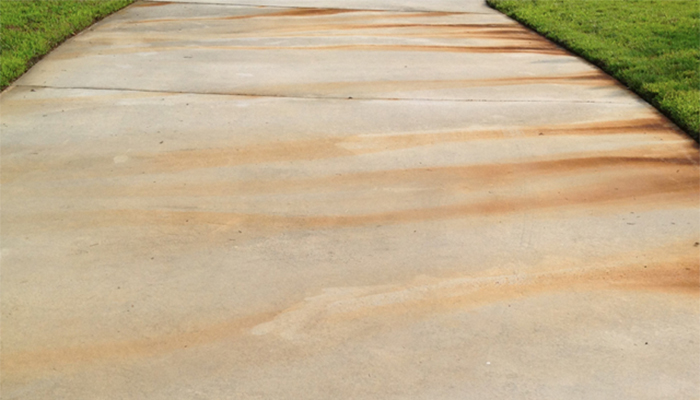
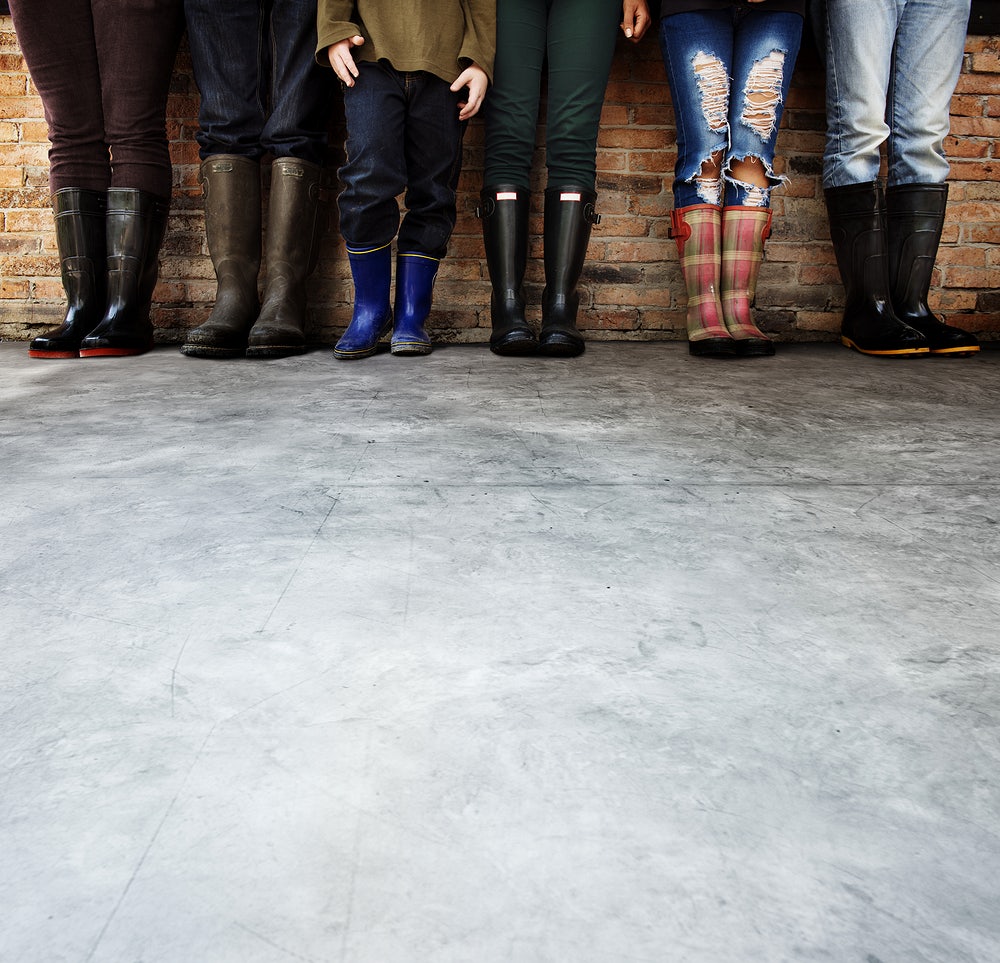
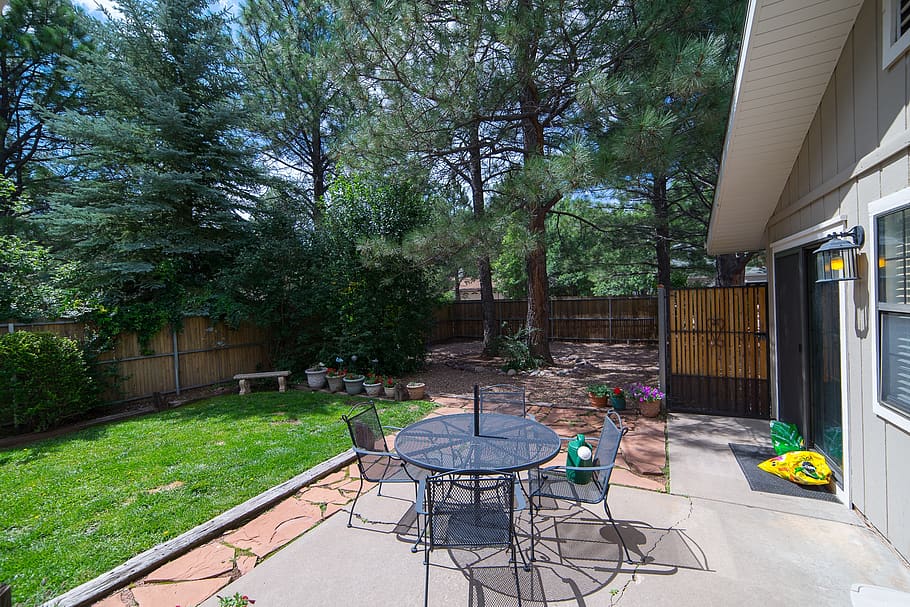
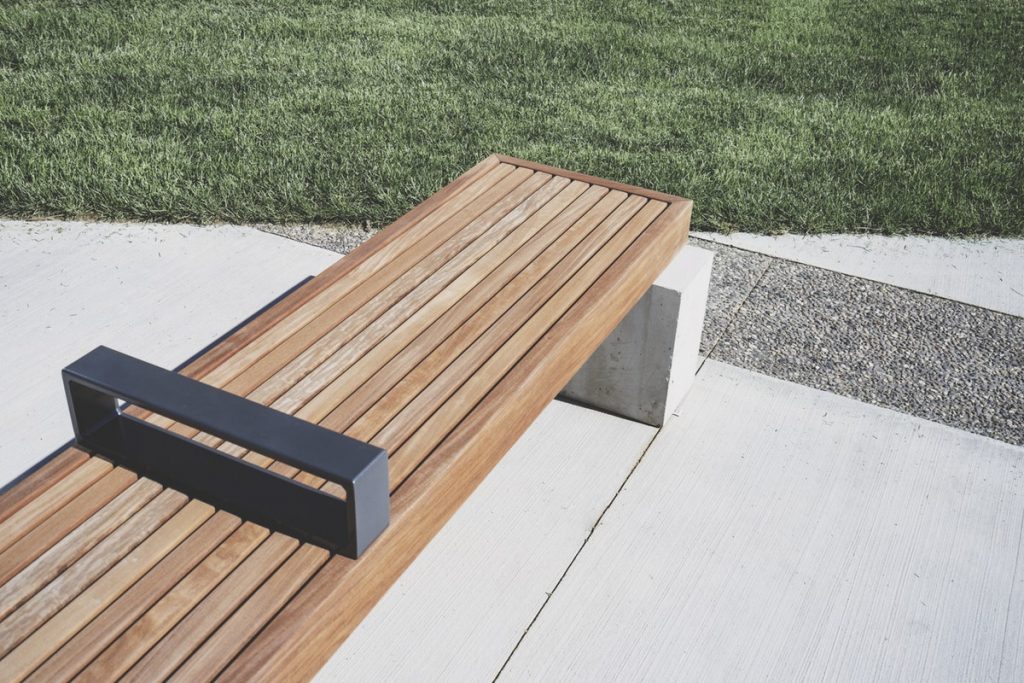 Concrete densifier is often promoted as one of the top advancements in concrete technology today. However, the nature of the product can be confusing to those without a deep knowledge of the concrete industry. What is densifier? How does it work? How might it affect the life of your flooring?
Concrete densifier is often promoted as one of the top advancements in concrete technology today. However, the nature of the product can be confusing to those without a deep knowledge of the concrete industry. What is densifier? How does it work? How might it affect the life of your flooring?